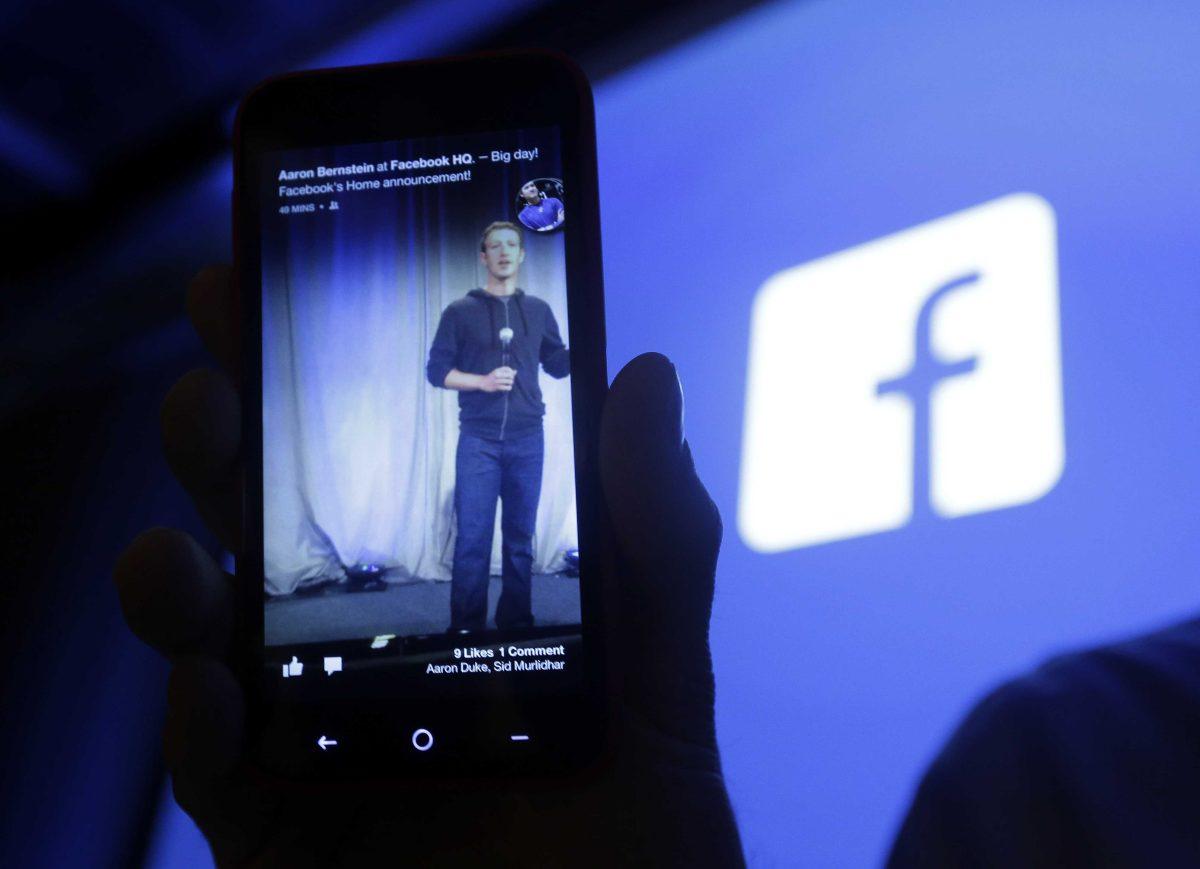Last week, chances are most LSU students heard that classes were canceled from some form of hierarchy. Be it the campus-wide text system, President F. King Alexander or another news source.
This example sticks out in a world of social media that increasingly advocates a departure from the traditional hierarchy of not only media, but society as a whole.
We have seen social media help transform countries around the world, but we should use greater caution in giving glory to an entity that we do not yet fully understand.
Social media sites like Facebook and Twitter have undoubtedly helped protesters connect and communicate, but the downside remains — they detract from the ends that users seek and often result in a disorganized hodgepodge of humanity that contains an infinite number of intentions.
News and updates flow onto our phones and computers through our social media, which act as a news aggregator or an ad hoc news outlet.
We are so caught up in the present, we are failing to look to the future as we once did, argued media theorist Douglas Rushkoff in a recent POLITICO article. He argues that our traditional perceptions of events have been skewed from the 20th century emphasis on beginnings, middles and endings to a pervasive “now” that traps us in the realm of current events and prevents us from moving forward.
Many would discredit this notion as a fatalist interpretation of the evils of social media that increasingly distract us from work, school and driving. As I mentioned, people in countries around the world have used social media to take great leaps forward.
But the fault of Facebook and Twitter is that they create an egalitarian atmosphere that goes against almost everything humanity has achieved in its entire history. Instead of focusing on leaders to ensure a bright future, we become stuck in the “now” and let our emotions stream back and forth on social media.
The “now” moves us like sheep from one news cycle to another where we are insulated in the barrage of information from our phones and computers. Whether its from a national newspaper or a crackpot blogger, it meets our eyes the same way.
The social media utopia applies not only to media but to large social movements as well. Facebook distinguishes no leaders and therefore, can never be responsible for a successful revolution, but rather culpable for the shortcomings thereof.
A prime example was the Occupy Wall Street movement in our own country that united protesters and homeless people in cities across America. As we saw, there was no leader, and there was no concerted message the people of this country could understand and mold into an opinion.
Rather, many laughed at the wanton disorganization they showed. That is, until the authorities forced the protesters from Zuccotti Park.
As a generation that has matured in the advent of social media, it is important to see its benefits can also lead to its downsides. While it unites people across the world in ways previously unimaginable, it also eliminates all structure and solidarity that keeps our society from becoming a mosh pit of noise bound to drown out leaders that can make a difference.
Imagine a government entirely of citizens, instead of officials, who must run the country, or a news media without authoritative sources like The New York Times, The Wall Street Journal or The Daily Reveille.
While it makes us feel good to know that people are viewing our opinions on Facebook and Twitter — and sometimes agreeing with them — we must make sure that the incessant influx of information does not obscure what really goes on around us.
The world will move forward whether we realize it or not. Let’s just hope we are looking up from our screens when it does.
Eli Haddow is a 21-year-old English and history junior from New Orleans.
Twitter: @Haddow_TDR
Opinion: Social media contributing to breakdown of societal hierarchy
By Eli Haddow
February 5, 2014
Michael Goodwin, Senior Partner for HTC, displays an HTC First cell phone wit the new Facebook interface at Facebook headquarters in Menlo Park, Calif., Thursday, April 4, 2013. The company says it is not building a phone or an operating system. Rather, Facebook is introducing a new experience for Android phones. The idea behind the new Home service is to bring content right to you, rather than require people to check apps on the device. (AP Photo/Marcio Jose Sanchez)





